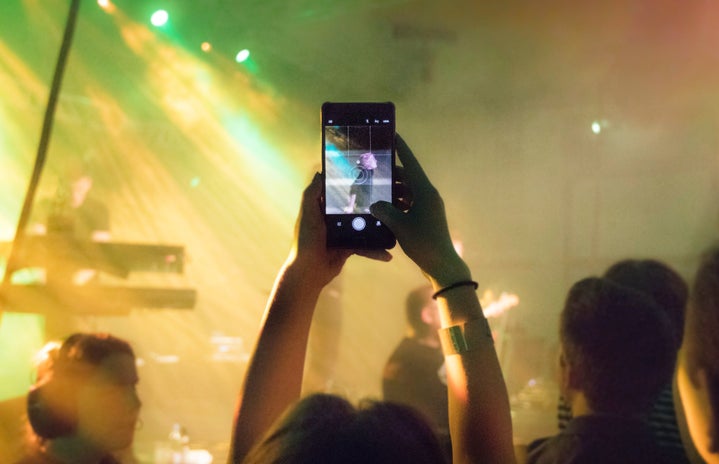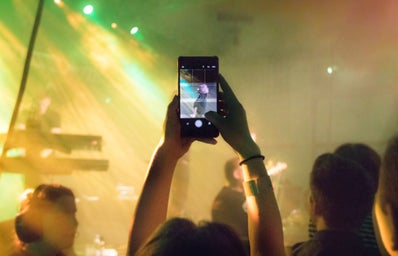Black History Month, celebrated every February, is an integral part of American culture as we come together to honor artists, politicians, innovators and other groundbreaking black figures in history. On Sunday night, February 12, more black history was made as Chancelor Jonathan Bennett (better known by his moniker Chance the Rapper) accepted not one, not two, but three Grammy Awards for Best New Artist, Best Rap Album and Best Rap Performance for the hit No Problem. Nominated for a whopping seven categories in total, his win made history for a multitude of reasons.
The Recording Academy recently relaxed their rules to allow awards to include artists who release their music through streaming services – an anomaly, but an integral factor in Chance’s win, because he doesn’t sell his music. President of the National Recording Academy Arts and Sciences, Neil Portnow, says to Rolling Stone in regards to the rule change: “We wanted to make sure somebody wasn’t disenfranchised or excluded just because of the technicality of a distribution format.” As an independent artist who began as a prodigy of the infamous Kanye West, Chance made the conscious decision to never sign to a recording label. As such, Chance has released his music exclusively on streaming services and makes the majority of his revenue through ticket and merchandise sales. Because of this, Chance made history at the 2017 Grammy Awards by becoming the first artist to win a Grammy award without having sold any physical copies of his music – or, for that matter, selling much of his music at all. He also became the first artist of such a background to even be nominated for a Grammy.
Streaming services like Spotify, Soundcloud and Apple Music have revolutionized the music industry in an era where everything is digitized. MP3 sales dominate physical sales; a trend that many predict will lead to the eventual eradication of CDs and physical copies of music – despite a rising trend in the revival of analog music (like vinyl records and 8-track cassette tapes). Because of this, Chance’s competition on Sunday was pretty big. Drake, Kanye and DJ Khaled were all nominated alongside the humble indie rapper from Chicago, and all are backed by major recording labels in the rap industry. Chance released the mixtape Coloring Book in May 2016 to an eager audience, and with little or no marketing or promotion otherwise backing his album streams aside from word-of-mouth.
So why does the 23-year-old rapper with a growing family to support and humble roots still refuse to sign to a label? In a recent Vanity Fair interview, he explains, “After I made my second mixtape and gave it away online, my plan was to sign with a label and figure out my music from there. But after meeting with three major labels, I realized my strength was being able to offer my best work to people without any limit on it.” He further elaborates on his philosophy of making his fans pay for his music, saying that he believes, “putting a price on it put a limit on it and inhibited me from making a connection.”
Artists like Chance continue to shape the way that music is received by listeners and pave the way for future artists to succeed in new ways. His wins, though indeed magnanimous, didn’t affect his philosophy that music is a universal art that should be accessible to all and not just those who can afford to buy it. Above all, Chance’s goal is to spread a message of love and unity through his music, and remaining unsigned allows him to have the fullest control over his art. As we continue to celebrate Black History Month, Chance the Rapper is finding his niche in the music industry and making waves with his innovative stance on distributing his music to the masses.


